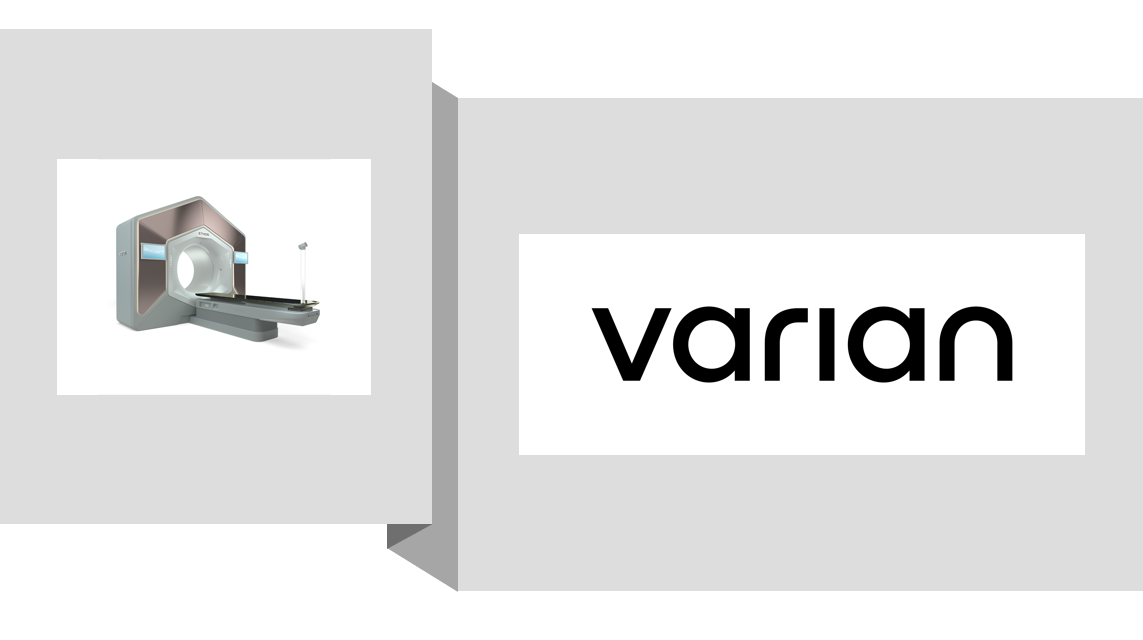News & Trends - MedTech & Diagnostics
Varian backs improved access to advanced radiation therapy

MedTech News: New technologies and therapies for cancer treatment are emerging at a rapid rate and coupled with the right policy environment can have a significant impact on these numbers.
According to Associate Professor Sandra Turner, Westmead Hospital,
Radiation Oncology Network “In Australia, only one in three patients receive radiation therapy while evidence shows one in every two patients would benefit.”
The National Oncology Alliance (NOA) Vision 20-30 underscores the remarkable advances in radiation therapy technology in recent years, leading to major improvements in the precision of radiation therapy delivery.
The precision provided by combining radiation therapy with advanced imaging, tailoring the radiation dose for individual cancers and managing motion during treatment translates into fewer side effects, shorter courses of treatment and less time in hospital. Survival rates and quality of life have improved.
Jamie Kebely, Senior Director for Asia Pacific Government Affairs, Varian Medical Systems, said “Varian is a proud supporter of the National Oncology Alliance and is pleased to see the focus in the 20-30 Vision on improving patient access to advanced radiation therapy treatment. The patient centred and multidisciplinary care approaches advocated in the report are critical to ensuring that cancer patients understand their treatment options and receive highly personalised treatment that meets their individual needs.”
Associate Professor Turner explained what she expects “adaptive radiation therapy” will be able to do in the near future, coupled with advances in artificial intelligence (AI). “We will be able to hone in, using imaging, to work out where the cancer may be more active or more resistant within an organ or cancer. We can use imaging for accurate treatment delivery to overcome organ motion and to tailor our treatments day-to-day according to what is happening in that biological system and in that patient’s body,” she said.
The report highlights the low level of awareness of radiation therapy in the general community, even amongst healthcare professionals, and notes the importance of ensuring that patients understand their treatment options and the potential value of radiation therapy in their care. It is less invasive than surgery, preserves important organs and can result in improved quality of life.
“Sparing normal structures is hugely important around the brain as an example. For children, this could mean that they have a better ability to keep learning, and they have better hearing outcomes after treatment,” said Associate Professor Verity Ahern, Sydney West Radiation Oncology Network.
Improving education and access to radiation therapy in Australia is a clear need that will be addressed through NOA’s Australian Cancer Future Framework.
News & Trends - Biotechnology

Aussie biotech secures agreement with UQ and USyd to advance cardiovascular diseases research
Biotech News: Australian biotechnology company, Cartherics, developing immune cell therapies for the treatment of cancer, has entered into a Technology […]
MoreNews & Trends - MedTech & Diagnostics

NSW Health Secretary urges more focus on patient experience, drawing from her own heart valve disease journey
In a heart-warming event that united patients, their loved ones, representatives from patient organisations and employees, Edwards Lifesciences hosted its […]
MoreHuman Resources

‘To be an inclusive society, we need an embedded national strategy to combat systemic racism’, says Commissioner Sivaraman
Race Discrimination Commissioner Giridharan Sivaraman has welcomed the release of the Multicultural Framework Review by the Federal Government, calling it […]
MoreNews & Trends - Pharmaceuticals

Shingles vaccine lowers risk of dementia
Pharma News: A recombinant shingles vaccine which was added to Australia’s National Immunisation Program (NIP) in November last year, is […]
More